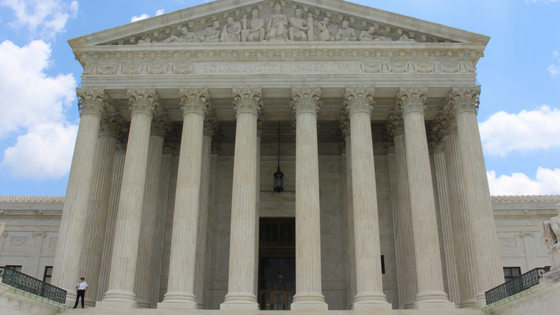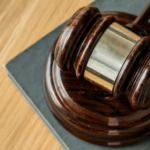Could the entire Telephone Consumer Protection Act be on the chopping block following yesterday’s hearing before the Supreme Court? The idea may be less far-fetched today than it seemed yesterday, before the Justices heard arguments via telephone and before the flush heard around the world. One thing does appear certain when looking at the questions from the Justices, and that is that the days are numbered for the exemption that Congress put into place in 2015 that allowed an automated telephone dialing system to be used when making collection calls for debts that are owed to the federal government.
A number of experts — from those who parse and analyze the questions of the Supreme Court Justices during oral arguments to those who specialize in TCPA compliance were questioning yesterday whether the Court may consider invalidating the TCPA altogether, as opposed to striking down the 2015 law that created the exemption in the first place. Many of the questions from the Justices to the two lawyers presenting arguments centered on the severability of the exemption from the whole statute itself.
“Here, there’s nothing illegal about the government-debt exception,” Chief Justice John Roberts said during his remarks. “It just, when combined with the rest of the statute, makes the whole statute vulnerable. I wonder why in that situation the whole statute shouldn’t fall?”
Echoing the comments of many of his fellow Justices, Justice Brett Kavanaugh said, the exemption is “almost certainly content-based,” which would make it unconstitutional.
Barr v. American Association of Political Consultants deals with a provision in the TCPA that allows companies collecting debts on behalf of the federal government to contact individuals on their cell phones using an automated telephone dialing system without needing to obtain prior consent to do so.
Last year, the Fourth Circuit Court of Appeals ruled that the exemption from complying with the TCPA was unconstitutional, a ruling that was backed by other Appeals Courts. The Fourth Circuit’s decision did overturn a lower court’s summary judgment ruling in favor of the exemption, saying it does not violate the Free Speech Clause of the First Amendment.









